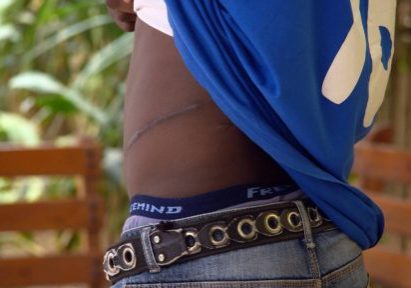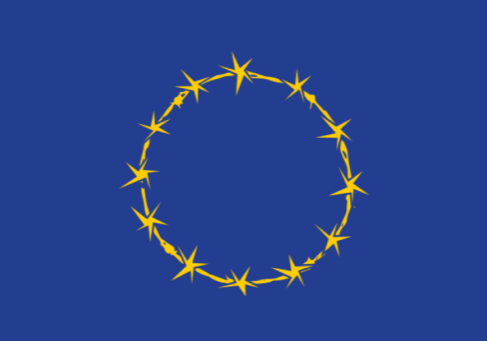Organs as a gateway
studying kidney sales amongst migrants entering the EU
Growing numbers of migrants are being identified in countries across the European-Mediterranean border who have sold their kidney to facilitate arrival into Europe. While preliminary research suggests that legal businesses including hospitals, transplant clinics and their staff are involved in facilitating illegal transplants and in inflicting exploitation, these features have not been studied in the context of migrants’ kidney sales.
As the demand for organs and numbers of forced migrants continue to grow, there is a risk that these migrants will become the new source for illicit organ transplantations. Through a multi-sited, interdisciplinary and qualitative fieldwork design, this project aims to generate knowledge on how, where and by who migrants’ kidney sales take place and to elucidate the factors that induce their exploitation.
This project is funded by the Dutch Research Council (NWO) from 2021-2025 under the Veni Talent Scheme. It is conducted from Erasmus MC's Department of Nephrology and Kidney Transplantation in collaboration with the Dpt. of Law, Society and Crime of Erasmus University Rotterdam. The project has received ethical approval from the Ethics Review Committee of Erasmus University's Dpt. of Law, Society and Crime.
Until August 2026, we will conduct ethnographic research across various settings and locations in The Netherlands, Greece, Italy, Turkey and Egypt.
We anticipate to release a first newsletter in 2024/25.



collaborators and advisors
We are currently building a network of collaborators in countries across the Euro-Mediterranean, i.e. with NGOs, grass roots organizations, charity organisations, international organisations, government representatives, shelters, migration experts and researchers to help support us with our research.
In addition we are supported by a multidisciplinary advisory group:
- Dr. Eline Bunnik (Department of Medical Ethics, Erasmus MC)
- Dr. Sean Columb (University of Liverpool)
- Prof. Katja Franko (University of Oslo)
- Prof. Dr. Marlies Reinders (Erasmus MC Transplant Institute, Nephrology & Kidney Transplantation)
- Prof. Richard Staring (Department of Law, Society and Crime, Erasmus University Rotterdam)
- Prof. Maartje van der Woude (Leiden University)
- Prof. Dr. Bob Zietse (Erasmus MC Transplant Institute, Nephrology and Kidney Transplantation)
expected impact and outcome
This study has the potential, not only to generate novel insights into where and how migrant’ kidney sales take place and the involvement of legal industries therein, but also to shift the depiction of the trade as an underground organized crime towards a corporate crime problem. This, in turn, can prompt state and non-state actors to become more oriented towards the involvement of corporations and medical staff in the human organ trade.
As studies have begun to expose the limitations of the criminal justice system, legitimate businesses are also increasingly called upon to identify, prevent, and combat different types of crime. The staff of hospitals and other legal businesses can also play a role in reporting suspicious transplant activity.
publications
- Ramaekers, Z, Reinders, MEJ, Staring, R, Ambagtsheer, F. Migrants' Kidney Sales, Fortress Europe and the Transplant Community: a Call for Awareness. Nephrology Dialysis Transplantation, 2024
want to collaborate?
Please send an email if you wish to help/collaborate with our project. Collaboration is in principle on a nun-funding basis.
further reading and information
- Columb, S. (2020). Trading Life: Organ Trafficking, Illicit Networks, and Exploitation: Stanford University Press.
- The Guardian (2019). Today in Focus. Selling a kidney to reach Europe. Interview podcast with Dr. Seán Columb. https://www.theguardian.com/news/audio/2019/feb/14/selling-a-kidney-to-reach-europe
- Zembla documentaire (2017). Handel in Vluchtelingen. (in Dutch) https://www.bnnvara.nl/zembla/artikelen/komende-uitzending-vluchtelingenhandel
